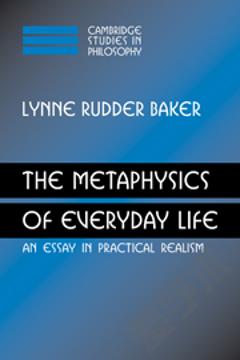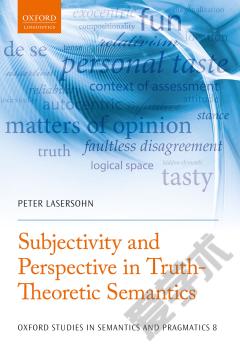The Correspondence Theory of Truth: An Essay on the Metaphysics of Predication
This work presents a version of the correspondence theory of truth based on Wittgenstein's Tractatus and Russell's theory of truth and discusses related metaphysical issues such as predication, facts and propositions. Like Russell and one prominent interpretation of the Tractatus it assumes a realist view of universals. Part of the aim is to avoid Platonic propositions, and although sympathy with facts is maintained in the early chapters, the book argues that facts as real entities are not needed. It includes discussion of contemporary philosophers such as David Armstrong, William Alston and Paul Horwich, as well as those who write about propositions and facts, and a number of students of Bertrand Russell. It will interest teachers and advanced students of philosophy who are interested in the realistic conception of truth and in issues in metaphysics related to the correspondence theory of truth, and those interested in Russell and the Tractatus.
{{comment.content}}








 京公网安备 11010802027623号
京公网安备 11010802027623号